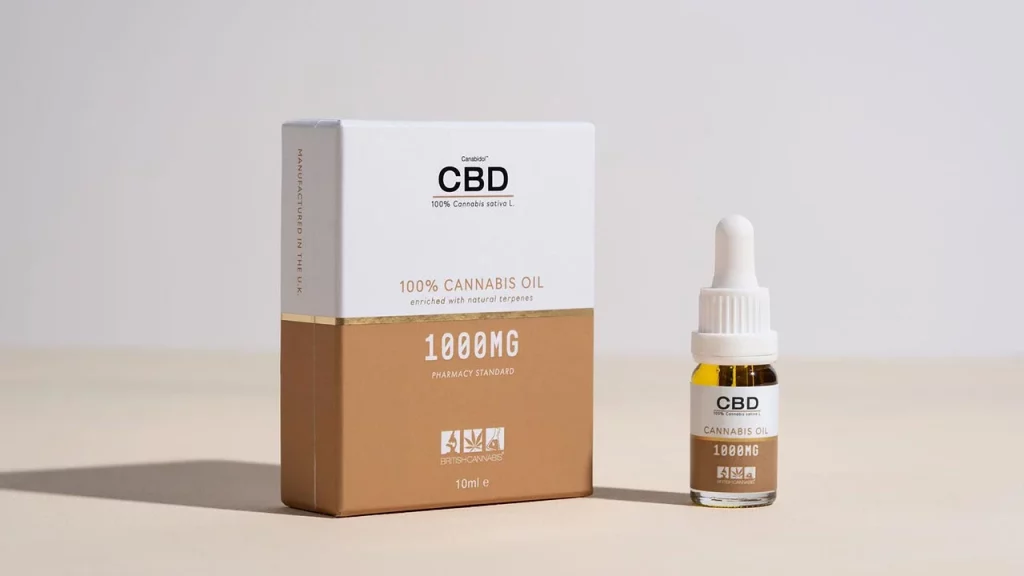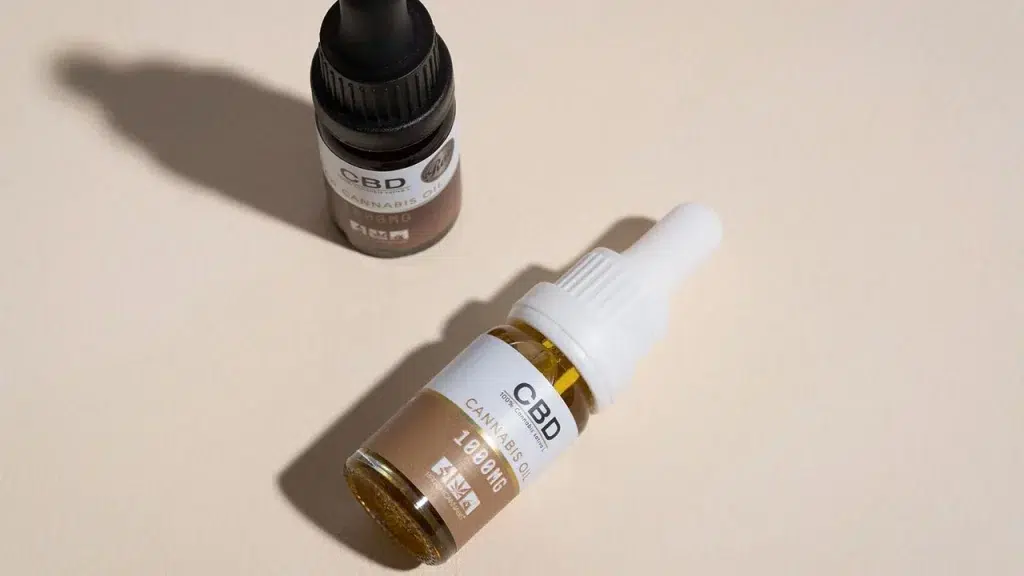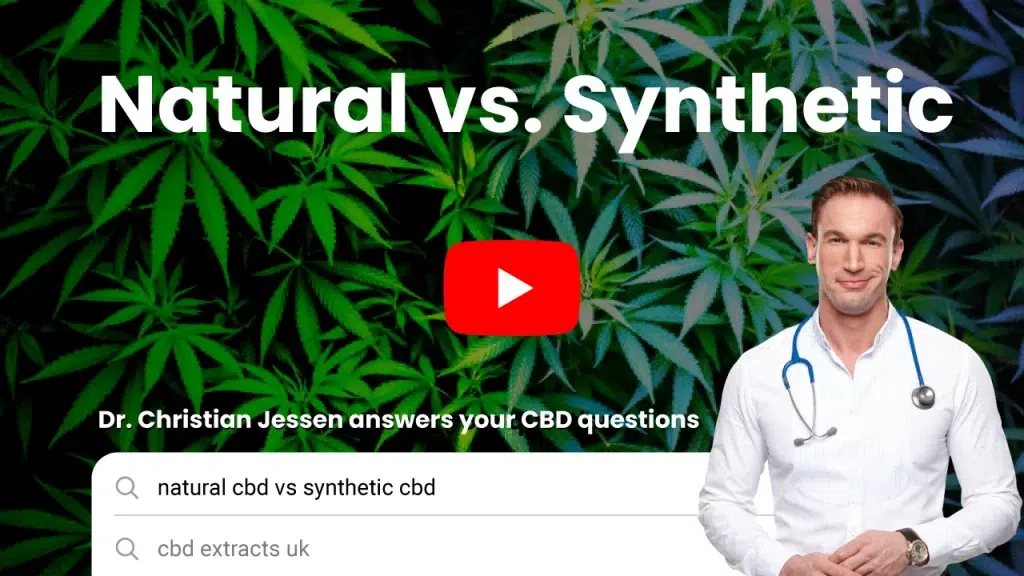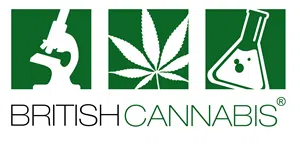DR Christian on 'CBD Extract – Natural CBD vs synthetic CBD'
Natural CBD is sourced from cannabis plants cultivated specifically for this purpose. The resulting extract may vary in refinement, either harnessing the synergistic effects of other compounds that can complement CBD or undergoing extensive purification to isolate CBD entirely.
In contrast, synthetic CBD is synthesized through chemical processes and does not contain any plant-derived compounds.
BRITISH CANNABIS™ Answers Your Questions
We tell you exactly what CBD is..
Is All CBD Created Equal? Exploring the World of Natural and Synthetic CBD – Cannabis Health News
Technological advancements and evolving regulations have expanded the possibilities for CBD supplements, no longer tethering them exclusively to cannabis plants. But can synthetic CBD products measure up to their natural counterparts?
In the past year, UK legislators have streamlined the availability of CBD oils and capsules through the introduction of novel food regulations.
The eagerly awaited novel foods exemption list is set to be unveiled in the coming weeks, amidst the ongoing effort to meet the ever-evolving demands of consumers.

CBD (cannabidiol), the sole “cannabinoid” permitted for sale in food supplements like CBD oils, now adheres to stricter regulations.
Consequently, a multitude of products containing trace amounts of other cannabinoids, though often dubious in nature, will no longer grace the shelves of UK retailers.
As a result, the CBD industry has diverged into two primary product categories: natural and synthetic cannabis-derived CBD. Differentiating between products crafted from natural compounds and artificially synthesized CBD can be perplexing for consumers. Brands are mandated to include
CBD in their ingredient lists, yet consumers may still grapple with deciphering the essence of what they are truly purchasing.
In an effort to demystify these products, we will delve into the distinctions between synthetic and natural CBD, empowering consumers to make informed choices amidst the evolving CBD landscape.
Natural CBD or cannabis-derived CBD
CBD Extract – Cannabidiol, also referred to as cannabis-derived CBD or natural CBD, is sourced from cannabis sativa (hemp) and other cannabis strains, particularly those cultivated outside of Europe. In recent times, this has emerged as the primary ingredient source for CBD products.
Numerous “full-extracted” cannabis products may contain traces of other cannabinoids such as CBG, CBN, and THC. However, CBD products can still comply with novel food regulations, permitting them to remain on the market.
This necessitates that CBD be the predominant compound in the product.
In contrast, CBD isolate has gained popularity as an ingredient over full- or broad-spectrum extracts. Many brands opt for this approach to circumvent regulatory complications.
Consequently, a wide array of CBD oils is now available, consisting solely of single-molecule CBD, which can be blended with carrier oils like MCT or coconut oil.
What's CBD isolate?
CBD isolate stands as the most refined form of CBD, devoid of any other cannabinoids or compounds. Its extraction from hemp plants can be accomplished through diverse methods, including solvent extraction and lipid extraction.
Nevertheless, the procedure demands meticulous precision, resulting in a crystalline form that can subsequently be ground into a powder.
While the option of full-extracted CBD remains viable, the effects of CBD isolate may be less pronounced due to the absence of other cannabis phytochemicals.
Environment friendly
CBD Extract – Cannabis Sativa L (hemp) boasts the advantage of thriving in outdoor environments. It is free from genetic modifications (GMO-free) and demands minimal water resources.
Hemp exhibits a rapid and straightforward growth cycle, typically maturing within 60-90 days per crop, all achieved without the necessity for pesticides or herbicides.
Remarkably, each hectare of Cannabis Sativa L hemp (hemp) possesses the remarkable capability to absorb approximately 15 tonnes of CO2 through its leaves and stems.
This exceptional carbon absorption rate surpasses that of any other commercially cultivated crop, effectively offsetting more carbon emissions than most other production and transportation processes.
Economically savvy
Natural cannabis products yield economic advantages by generating additional employment opportunities within the agricultural sector. The supply chain encompasses a spectrum of job roles, spanning from seed cultivation and harvesting to processing, refining, and quality testing.
Furthermore, a kilogram of naturally extracted CBD isolate is presently priced at approximately one-seventh the cost of its synthetic counterparts. This price differential implies that consumers can anticipate lower prices when opting for natural CBD products.
Additionally, the various phytocannabinoids found in hemp can be extracted and employed in diverse applications, including cosmetics that may incorporate minor cannabinoids.

Benefits from whole-plant operations
Canabidol ™, a British Cannabis™ offering, employs a distinctive approach that expertly blends various cannabis extracts to craft whole-plant products. These products exclusively utilize 100 per cent cannabis while diligently adhering to regulatory standards.
The British Cannabis method embodies precision engineering, developed through six years of dedicated experience in cannabis cultivation and research.
This methodology imparts a complete plant flavour and a rich phytochemical profile to their products, all without the presence of THC or any other illicit cannabinoids.
Canabidol™, a leading name in pharmacy-sector CBD, is comprised solely of 100% cannabis phytochemicals.
Its super-premium packaging has been recently revamped to enhance the appeal of this compliant product even further.

Synthetic CBD
Recent industry advancements have introduced brands that rely on lab-synthesized CBD molecules as their primary ingredient. Certain manufacturers assert that their synthetic CBD is derived from natural sources, such as orange peel.
While these compounds are purported to be “bio-identical” to cannabidiol, their ability to replicate the effects of natural cannabis extracts remains unverified. It’s worth noting that the production of molecularly similar compounds to CBD using terpenes from oranges still involves the utilization of controversial chemicals.
Regrettably, this aspect is frequently omitted from brands’ marketing communications.
A highly pure' product
These brands may be able to sell “highly purified” products to certain consumers. They only contain one compound, which means there is no trace of THC.
This process ensures that there is no variation in batches and does not pose any risk of toxicity.
Some brands claim that their methods have enabled them to increase the bioavailability of CBD, increasing the body’s absorption and thus producing more effective products.
An entourage effect
Advocates for naturally extracted CBD argue that cannabis encompasses more than just cannabinoids, with many essential phytochemicals playing a pivotal role in generating the entourage effect.
Companies that adopt the right approach can still harness these compounds, including naturally extracted flavonoids, terpenes, and amino acids, all of which may not be fully utilized in synthetically derived CBD oil products from hemp.
Tom Whettem, the CEO of British Cannabis, emphasized, “Time and time again, dating back to the original studies that coined the term ‘the entourage effect,’ it has been clinically demonstrated that CBD is less effective when isolated from the multitude of other cannabis phytochemicals, such as our THC-free, 100% cannabis oils from Canabidol.
It’s evident that synthetic CBD pales in comparison to full-plant extraction. While synthetic CBD may be more cost-effective to produce, it often comes at a higher price than necessary.”

Chemical traces
Consumers should exercise caution regarding the use of toxic chemicals employed in the synthesis of CBD, as these chemicals are often present as trace byproducts in synthetic CBD products.
For instance, heptane, a flammable and hazardous chemical, is utilized in the production of certain synthetic cannabidiol products.
It is frequently associated with side effects such as headaches, dizziness, impaired coordination, and even loss of consciousness. Prolonged exposure to heptane can also result in severe chronic health effects.
In the case of one unnamed manufacturer of synthetic CBD, their published certificates of analysis revealed the presence of residual n-heptane solvent. Another concerning chemical used in the synthetic production of CBD is dichloromethane, a carcinogen linked to cancer.
Research by the Center for Medicinal Cannabis discovered that seven CBD products contained dichloromethane at levels ranging from 3.8 to 13.1 ppm, while one product contained cyclohexane at 27.9 ppm.
Alarming as it is, dichloromethane was detected in 25% of the tested products. This stands in stark contrast to natural CBD, which can only be extracted using approved regulators like ethanol and CO2, both of which are prevalent in the food supply chain.
The key takeaway is that not all CBD products are created equal.
However, consumers possess the right to conduct their own research and form conclusions to identify the CBD product that best suits their needs.




